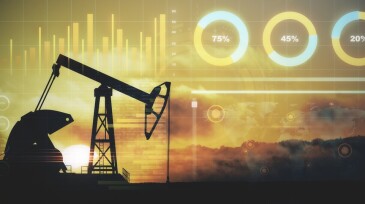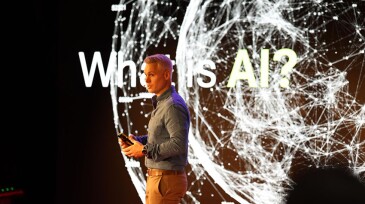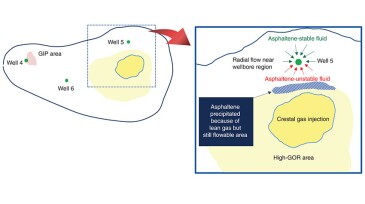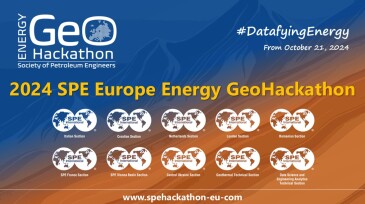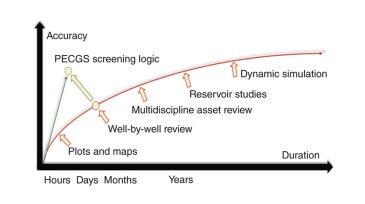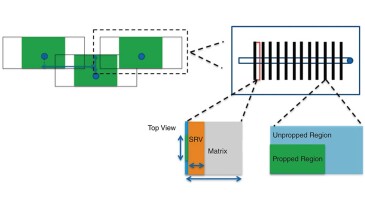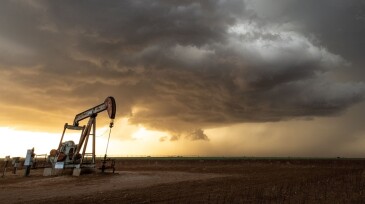data science
-
A new report from GlobalData provides an overview of the digitalization efforts within the industry and their potential to transform operations.
-
A recent survey conducted by Rackspace Technology reveals new attitudes about using the cloud, including a change from using the public cloud to using private, on-site clouds or a hybrid of the two.
-
AI can transform our work, but it demands the highest accuracy. Anything less than perfect in oil and gas and other heavy-asset industries is unacceptable.
-
Have data center operators become the major proponents of nuclear power? A flurry of recent announcements suggests so. But Shell, ExxonMobil, and BP, leveraging their oil and gas expertise, are stepping into the forefront to offer another solution to help data centers operate sustainably—immersion cooling liquids.
-
This paper reports the observation of stealth asphaltenes, a potential flow-assurance issue, by means of experimental analysis.
-
The SPE Europe Energy GeoHackathon aims at educating and disseminating knowledge to all the participants on how data science applications can support geothermal energy developments and drive the energy transition. Boot camps begin 21 October.
-
This paper presents the processes of identifying production enhancement opportunities, as well as the methodology used to identify underperforming candidates and analyze well-integrity issues, in a brownfield offshore Malaysia.
-
This paper presents a workflow that combines probabilistic modeling and deep-learning models trained on an ensemble of physics models to improve scalability and reliability for shale and tight-reservoir forecasting.
-
Energy efficiency is crucial for the oil and gas industry, where operational costs and environmental impact are under constant scrutiny. Predicting and managing electrical consumption and peak demand accurately, especially with the variability of weather conditions, is a significant challenge. This work presents a neural network model trained on historical weather and…
-
It’s hard to create corporate or master data strategies when every user group you talk to has a different idea of what “good” should look like from their perspective.

